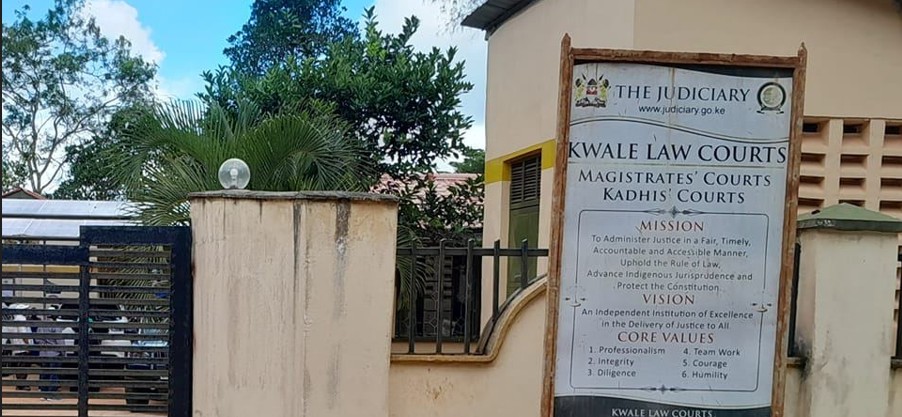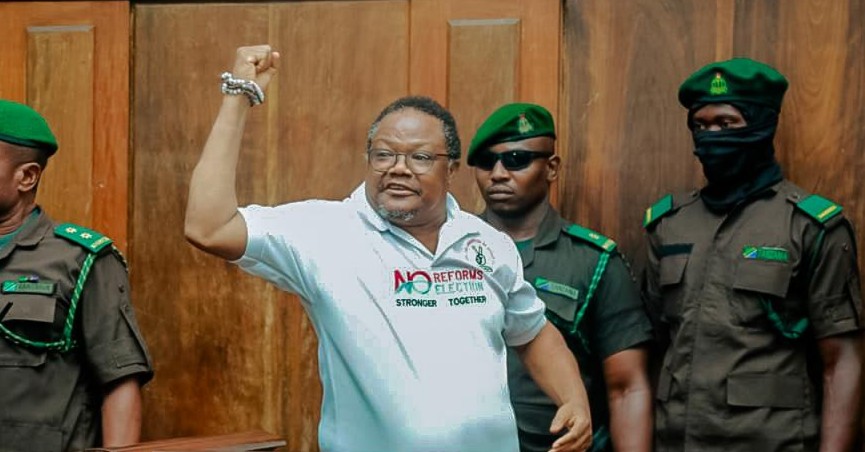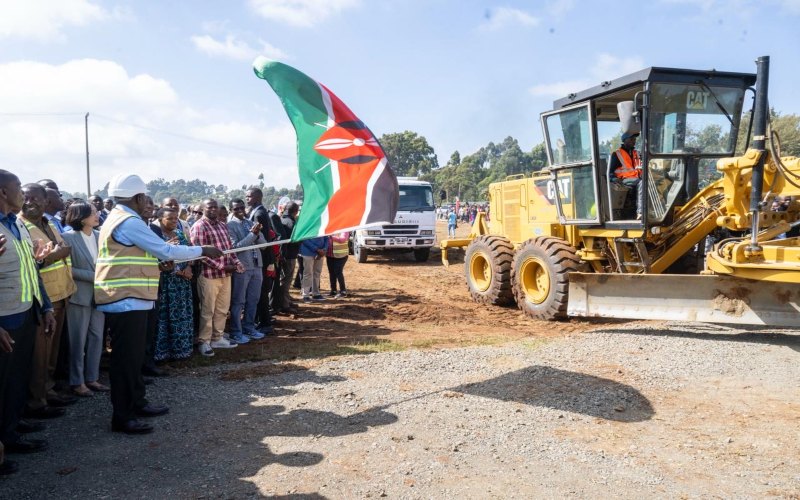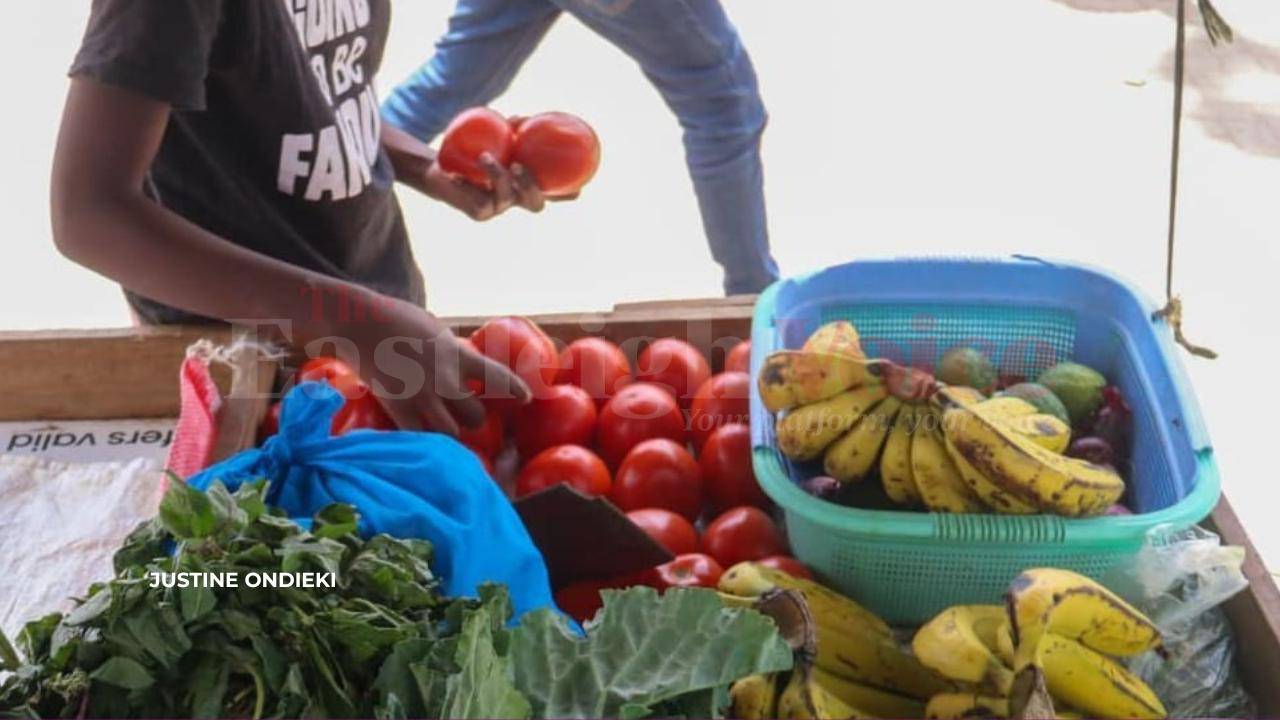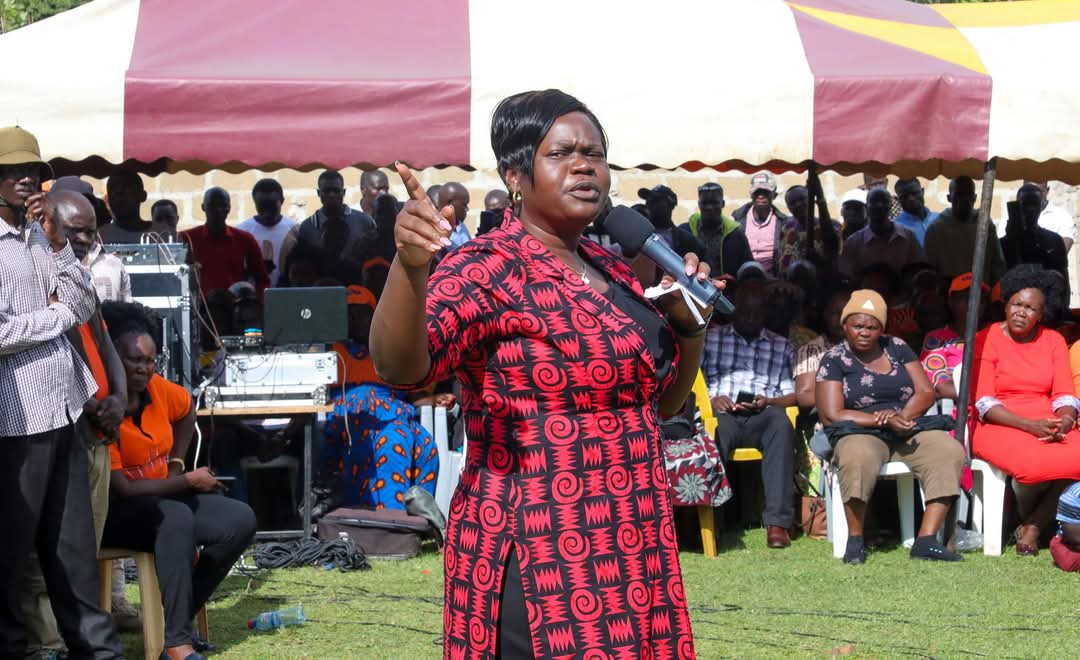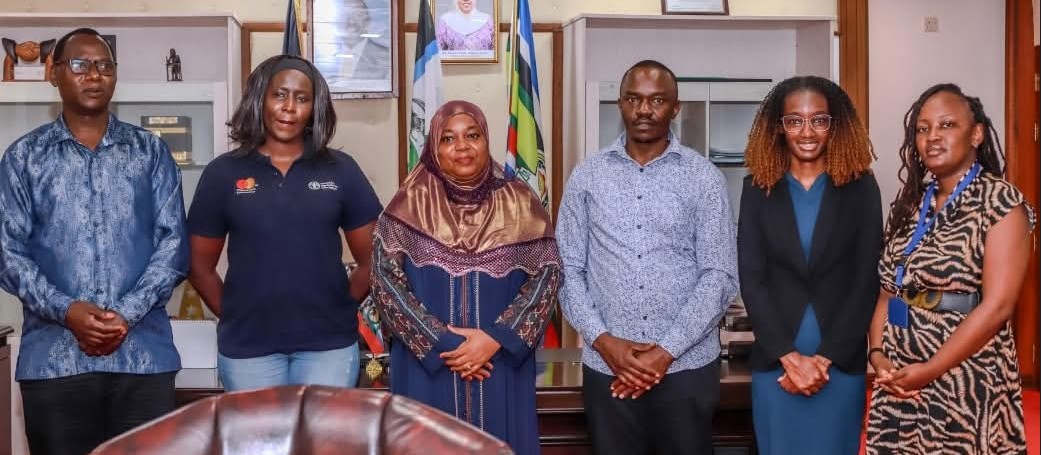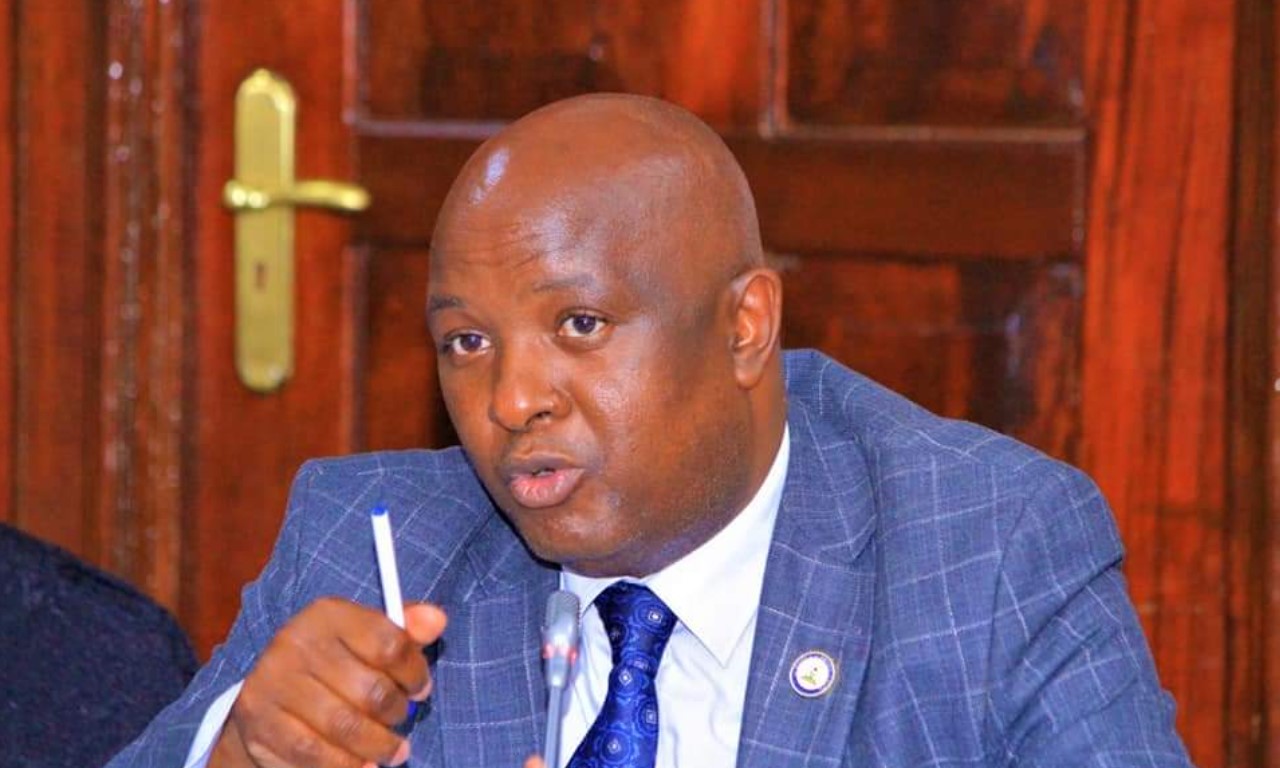200 militants killed in Boko Haram-ISWAP clashes in Northeast Nigeria
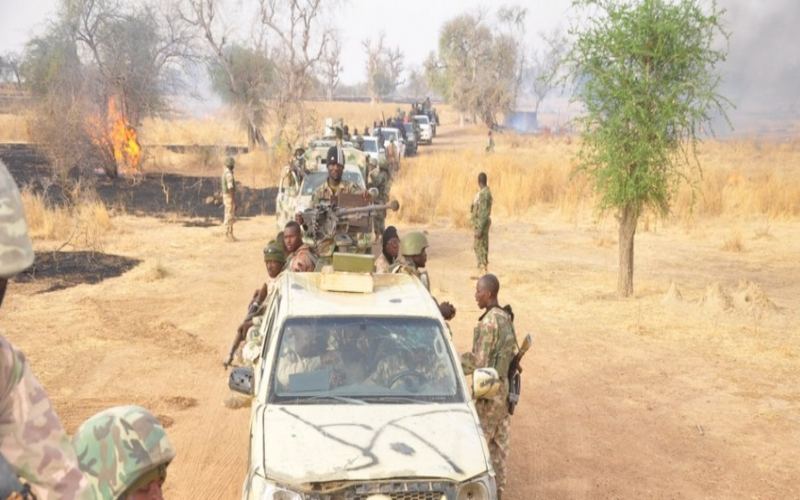
Boko Haram and Islamic State West Africa Province (ISWAP) militants clashed in the village of Dogon Chiku near lake Chad on Sunday, as the two factions continue to contest over territory and influence in the region.
At least 200 militants were killed in north-east Nigeria over the weekend following deadly clashes between two rival terror organisations.
Reports indicate that the Boko Haram and Islamic State West Africa Province (ISWAP) militants clashed in the village of Dogon Chiku near lake Chad on Sunday, as the two factions continue to contest over territory and influence in the region.
More To Read
- Nigerian President Bola Tinubu declares national security emergency amid rising kidnappings
- Nigerian president confirms rescue of 24 abducted schoolgirls
- WFP warns of hunger crisis in Nigeria as 35 million face food shortages
- 220 students, teachers abducted from St Mary’s School in Niger state, Nigeria
- How ATPU busted prominent lawyer over alleged terror financing linked to ISIS
- African Union calls for respect of Nigeria’s sovereignty amid religious persecution claims
According to local authorities, at least 200 ISWAP fighters were killed during the fierce battle, which lasted several hours.
"From the toll we got, around 200 Iswap terrorists were killed in the fight," Babakura Kolo, a member of a vigilante group that works with the Nigerian military, told Agence France-Presse (AFP).
"We are aware of the fighting, which is good news to us," another intelligence source added.
The latest incident is part of a long-running power struggle in Nigeria's northeast, where both groups are battling for control of territory and resources around Lake Chad. Their rivalry has intensified over the years, spreading fear and instability across the wider Sahel region.
ISWAP broke away from Boko Haram in 2016 after pledging allegiance to the Islamic State group. Since then, the two groups have fought repeatedly, with Boko Haram holding strong around Lake Chad while ISWAP gained a reputation for being better organised and well-funded.
A major turning point came in 2021 when ISWAP attacked Boko Haram's Sambisa Forest base, leading to the death of Boko Haram's notorious leader, Abubakar Shekau. Despite this blow, Boko Haram has continued to mount attacks on ISWAP positions.
According to local reports, Boko Haram launched large-scale assaults on ISWAP bases between late 2022 and early 2023, killing more than 100 fighters and seizing weapons.
The insurgency, which began after the killing of Boko Haram's founder, Mohammed Yusuf, in 2009, has since claimed over 40,000 lives and forced millions from their homes in northern Nigeria.
Experts have attributed the expansion of violent extremism in the region to weak governance and widespread corruption.
Last week, Nigeria signalled it was open to US assistance in combating armed groups, emphasising that any support must respect the country's territorial integrity. The move came amid threats from US President Donald Trump, who had suggested possible military intervention over the alleged persecution of Christians.
Nigerian officials quickly rejected the claims, stressing that groups like Boko Haram and ISWAP target communities of all religions across the country, not just Christians.
Top Stories Today

